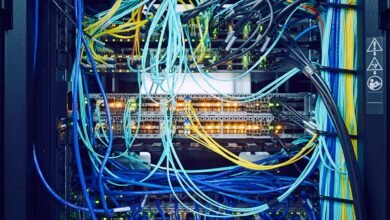Innovative Tech Could End Animal Testing

▼ Summary
– Animal welfare groups have long campaigned against animal testing, but the lack of alternatives has historically made it difficult to stop.
– Animal experimentation has been used for thousands of years and led to important discoveries, with regulators requiring animal testing for drug development.
– Countries like the UK and US regulate animal research, but millions of animals are still used annually, and many scientists question its justification due to low success rates.
– Recent advances in biotechnology provide new ways to model the human body and test therapies without using animals.
– “Organs on chips” are miniature human organ models used in research, such as heart chips in space and lung chips for COVID-19 vaccine assessment by the FDA.
For decades, animal welfare advocates have pushed for an end to animal testing, but the absence of viable alternatives has stalled progress. Now, breakthroughs in biotechnology and medical science are introducing powerful new methods that could finally replace animal experiments, offering hope for more ethical and effective research practices.
The use of animals in scientific studies dates back thousands of years, contributing significantly to our understanding of physiology and disease. Because regulatory agencies typically require animal testing before approving new drugs, this approach has been instrumental in developing treatments for both people and pets. Countries such as the United Kingdom and the United States enforce strict licensing and animal care standards, yet millions of creatures are still used in labs each year. Many researchers express discomfort with animal testing, and some challenge its validity, especially given that roughly 95% of therapies that succeed in animal trials ultimately fail in human applications.
Recent technological innovations are transforming this landscape by providing sophisticated ways to simulate human biology and evaluate new treatments without involving live animals. One exciting development involves “organs on chips”, miniature human organ models housed in small plastic devices. These systems replicate the cellular composition of actual organs and are kept functional through continuous nutrient flow.
Scientists have successfully engineered chip-based models of the liver, intestines, heart, kidneys, and even the brain. These tools are already actively employed in diverse research settings. For instance, heart chips have traveled to space to examine cardiac behavior under microgravity. The Food and Drug Administration utilized lung chips to analyze COVID-19 vaccine responses, and gut chips are helping investigators explore radiation’s impact on the digestive system.
(Source: Technology Review)





